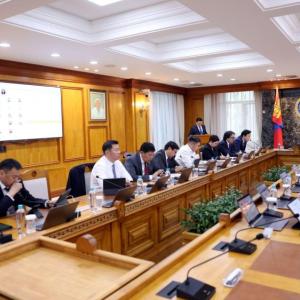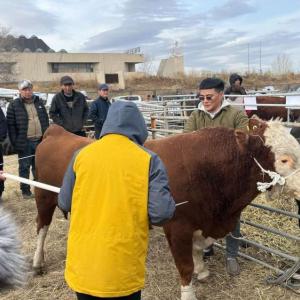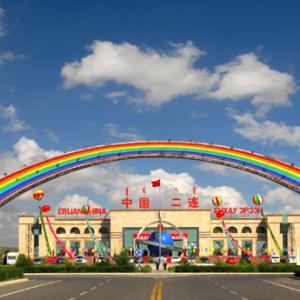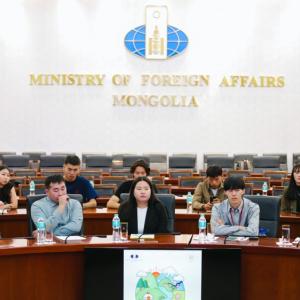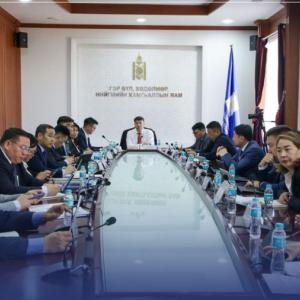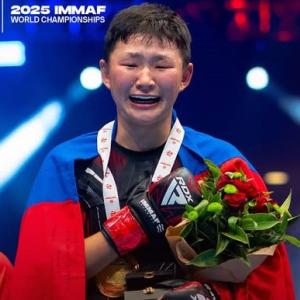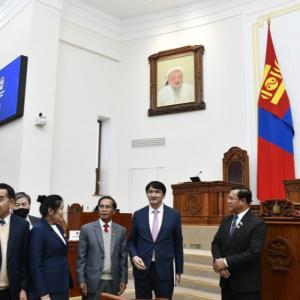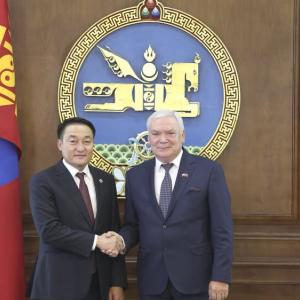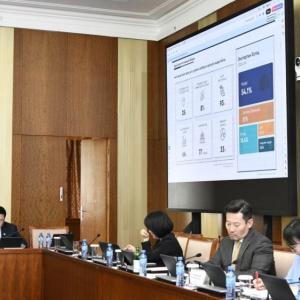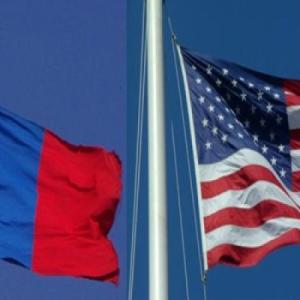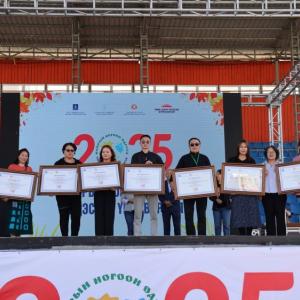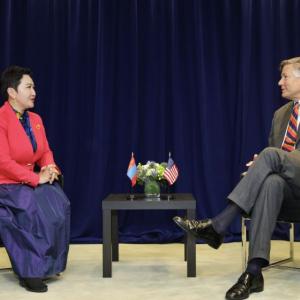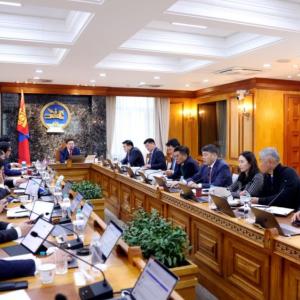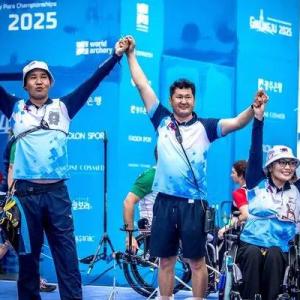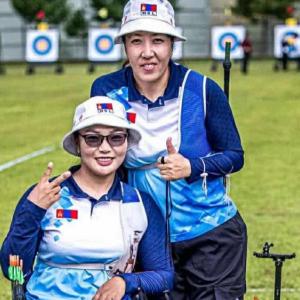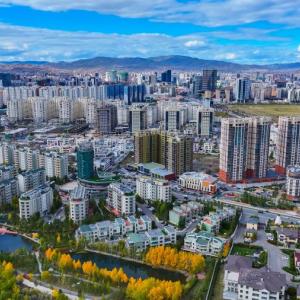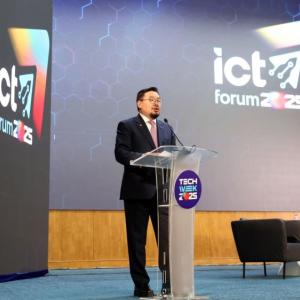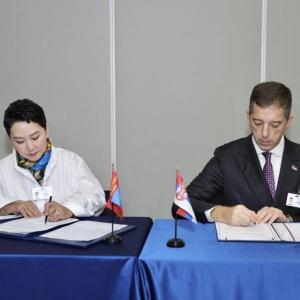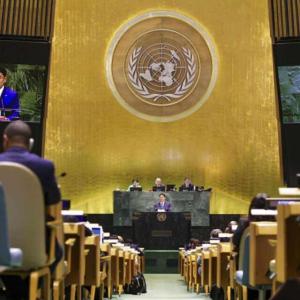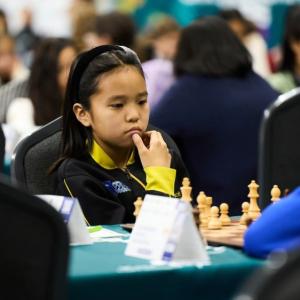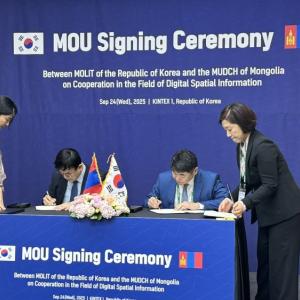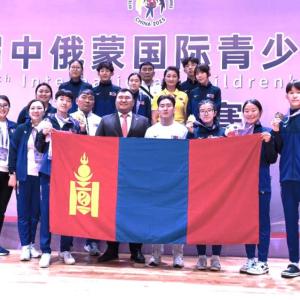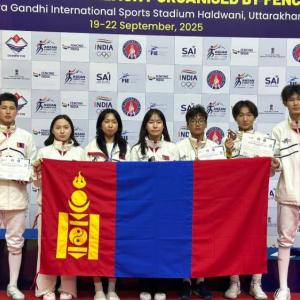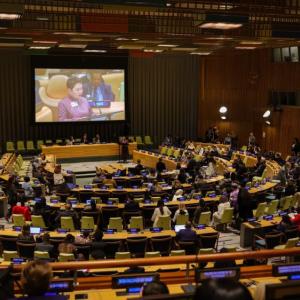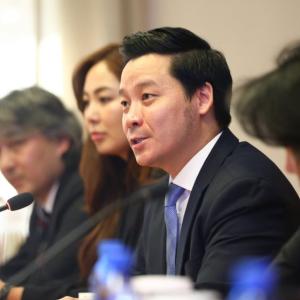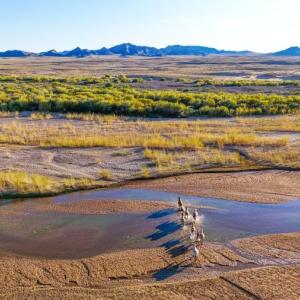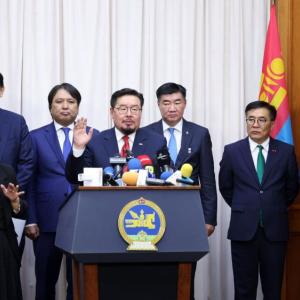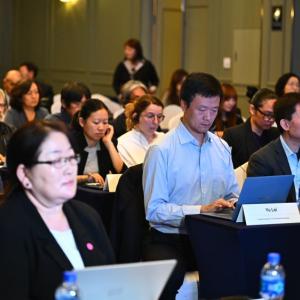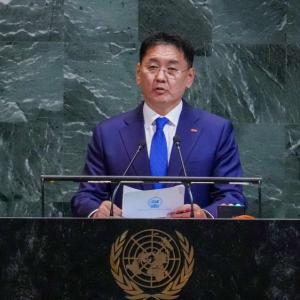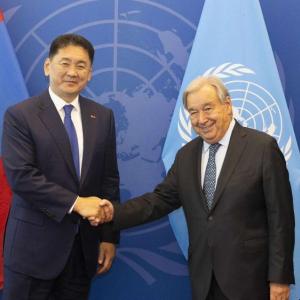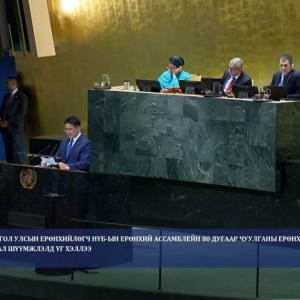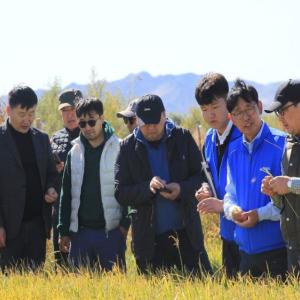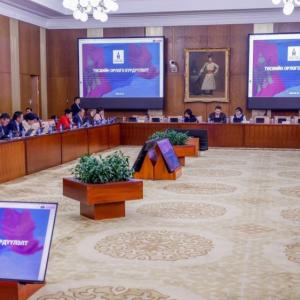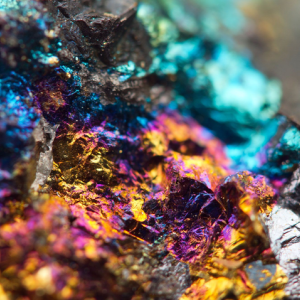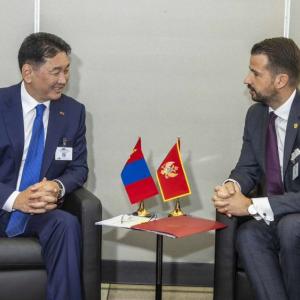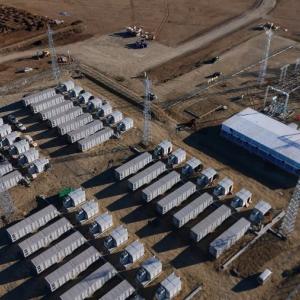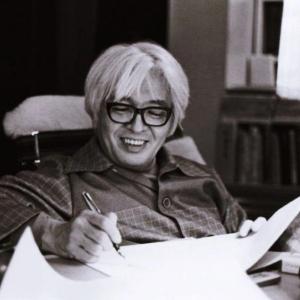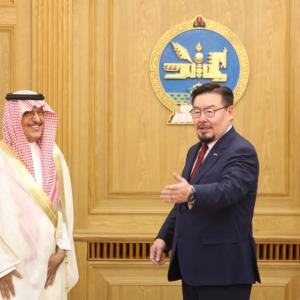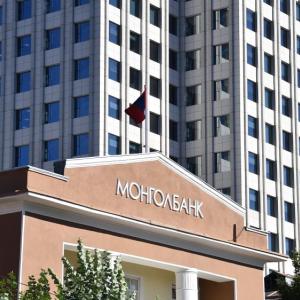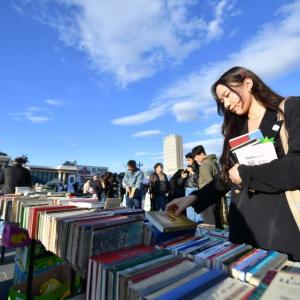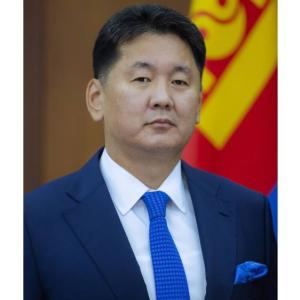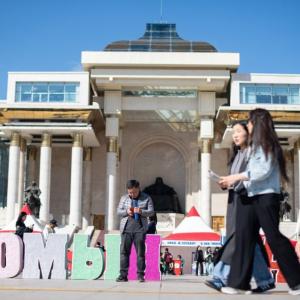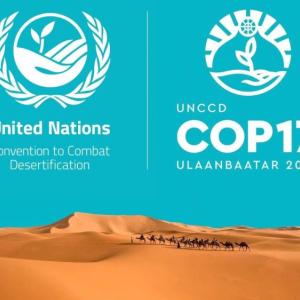Nikkei awards Mongolian actor for democracy contribution
SocietyUlaanbaatar /MONTSAME/ A foundation that provides free lunches to schoolchildren in India, a Chinese scientist who specializes in biomimetics, and a Mongolian performing artist who helped usher his country toward democracy were awarded this year's Nikkei Asia Prizes at a ceremony in Tokyo on Sunday, reports Nikkei.
The awards, now in their 21st year, are given to those who are making a difference in the Asian region. "The world is facing many uncertainties," said Fujio Mitarai, chairman of the selection committee and head of the influential Japanese business lobby Keidanren. "Therefore, it is becoming increasingly important to shed light on knowledge and activities that can be shared across the globe. The winners fit that bill."
The Nikkei Asia Prizes were created in 1996 to commemorate the 120th anniversary of Nikkei Inc.'s main Japanese-language newspaper, The Nikkei. Past winners include professor Yuan Longping, the Chinese father of hybrid rice, in 1996; Dr. Manmohan Singh, who won in 1997 and would later become prime minister of India; and Dr. Muhammad Yunus, managing director of Grameen Bank, who was honored in 2004 and received the Nobel Peace Prize in 2006.
The culture and community award went to Dogmid Sosorbaram, a Mongolian actor, singer and former political activist. He is the first Mongolian to win a Nikkei Asia Prize.
Born in 1958 into a nomadic family in southern central Mongolia, Sosorbaram spent much of his youth sitting astride his horse and singing songs. He went on to major in theatrical performance at university, and subsequently became a key figure in the pro-democracy movement that gathered momentum in 1989.
Reciting poems and singing at political rallies, he helped to unify opposition parties into the currently governing Democratic Party. At the party's first national convention, held in February 1990, he was the opening speaker.
"I am merely an actor, a singer and a director, but I take pride in being one of the first members of Mongolia's democratic movement," he said in his acceptance speech. "I also feel pleasure in deepening mutual understanding between Mongolian and Japanese arts and culture." Sosorbaram then wowed the audience with a traditional Mongolian folk performance.

 Ulaanbaatar
Ulaanbaatar
